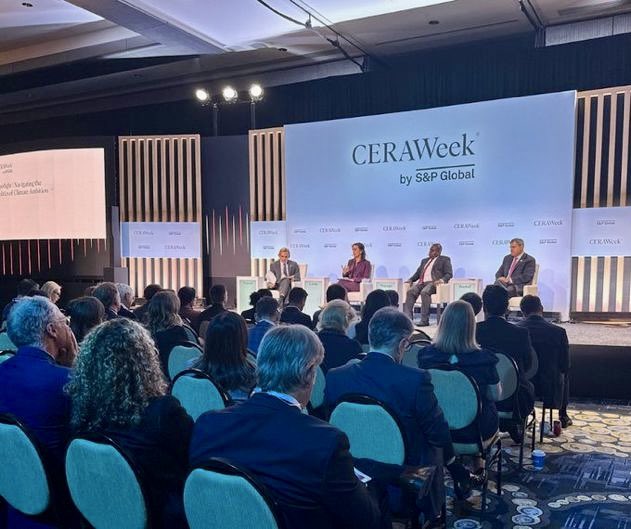The Uganda National Oil Company (Unoc) has started engaging in the sale of petroleum products to oil marketing companies in Tanzania and Uganda, a strategic move that precedes a major direct import deal with Vitol Bahrain. This initiative indicates a significant shift from Uganda’s historical reliance on Kenyan oil marketing companies for its fuel supply.
Unoc’s tactic of offering these products in small quantities to subsidiaries in the two countries is seen as a market test before the launch of a comprehensive supply deal with Vitol Bahrain. The upcoming five-year contract with Vitol Bahrain is designed to end Uganda’s longstanding dependency on Kenyan suppliers, a relationship that has been complicated by Kenya’s credit-based fuel import deal with Gulf oil majors, which Uganda believes has led to higher fuel prices.
Traditionally, Unoc has focused on supplying fuel to government entities within Uganda, but it is now set to widen its market to include private oil marketing companies.
The impending partnership with Vitol Bahrain, a prominent global oil player with a stake in the Fujairah Refinery in the UAE, is expected to significantly alter the regional fuel supply chain. This could notably affect the revenues of the Kenya Pipeline Company (KPC), which currently handles the majority of Uganda’s petroleum imports.
Unoc’s initial plans to start importing under the new deal were delayed due to a licensing issue with Kenya. The Energy and Petroleum Regulatory Authority (Epra) did not issue the necessary license for Unoc to access KPC’s storage and transport network, citing Unoc’s non-compliance with legal requirements, such as owning a licensed petroleum depot and operating at least five retail stations in Kenya.
This development highlights the changing dynamics within East Africa’s energy sector and the potential impact of new trade agreements on regional economic relationships.






